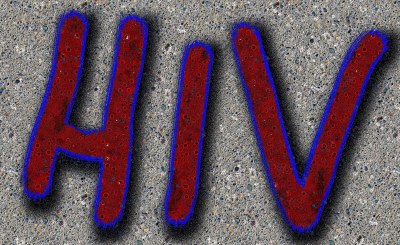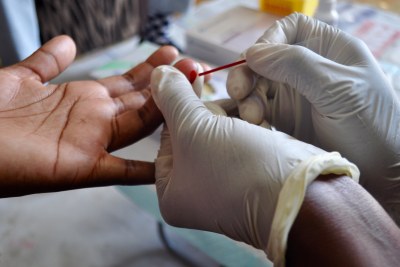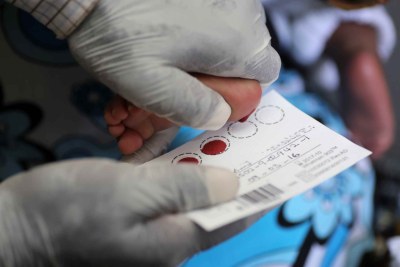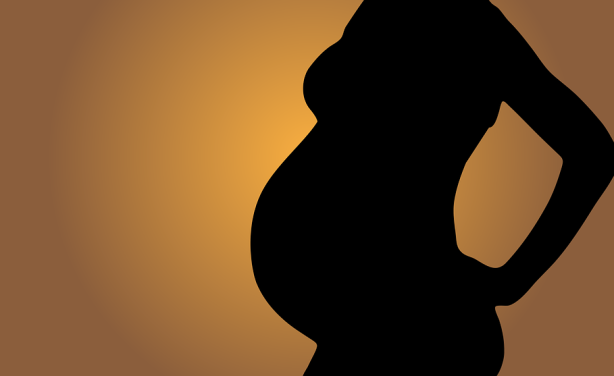-
Africa: African Countries Differ Widely in Prenatal HIV Testing - Why It Matters
The Conversation Africa, 11 January 2021
The introduction of antiretroviral drugs has resulted in a remarkable decline in mother-to-child transmission of HIV. New infections among children declined by 52% worldwide and… Read more »
-
Tanzania: Compulsory HIV Testing
Daily News, 13 July 2020
I am an accountant intending to work for a company in Dar. The company insists that it is their policy that I get a HIV/AIDS test done. Can I be forced to do so? How secretive are… Read more »
-
Ghana: Pregnant Women Urged to Test for HIV
Ghanaian Times, 29 November 2018
The Director, Policy and Planning of Ghana AIDs Commission (GAC), Mr Cosmos Ohene-Adjei, has urged all pregnant women to test for Human Immune Virus (HIV) before they give birth to… Read more »
African Countries Differ in Approach to Prenatal HIV Testing
The introduction of antiretroviral drugs has resulted in a remarkable decline in mother-to-child HIV transmission. New infections among children declined by 52% worldwide and 55% in sub-Saharan Africa between 2010 and 2019. If all pregnant women were screened and treated, the risk of mother-to-child transmission could be reduced to less than 5%. Despite the wide availability of testing and treatment, 150,000 children were newly infected with HIV globally in 2019. Sub-Saharan Africa accounts for eight out of ten new infections among children. Research suggests that new infections in this region have fallen from 283,000 in 2010 to 126,000 in 2019, but progress is uneven. Closing the gaps in coverage of HIV testing in sub-Saharan Africa will require, among other things, a massive investment in health systems in west and central Africa, writes Anthony Idowu Ajayi for The Conversation Africa.
InFocus
-
South Africa's prevention of mother-to-child transmission programme has achieved remarkable successes in recent years. It has improved the health and life expectancy for pregnant ... Read more »
-
The government plans to launch a programme where expectant mothers in northern regions of the country can get tested in other to prevent mother to child transmission. Read more »





